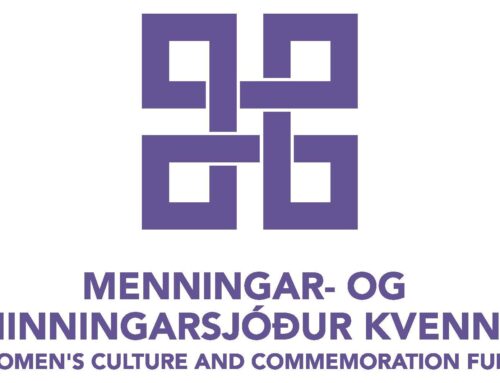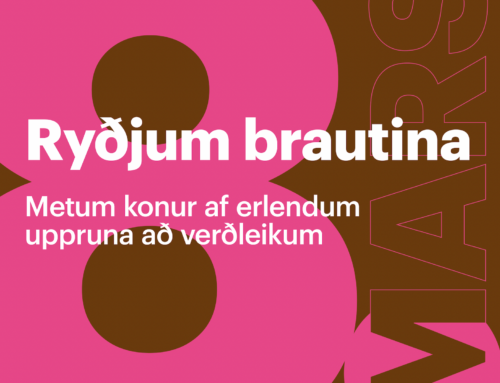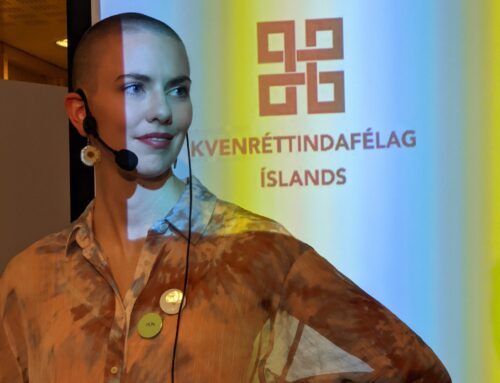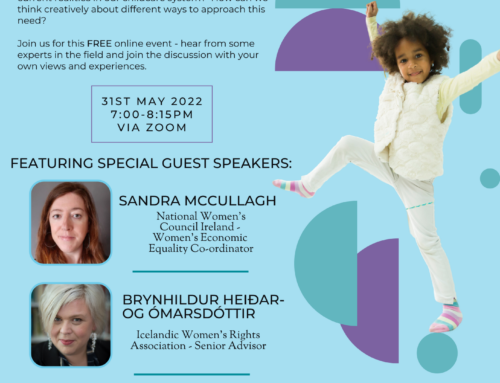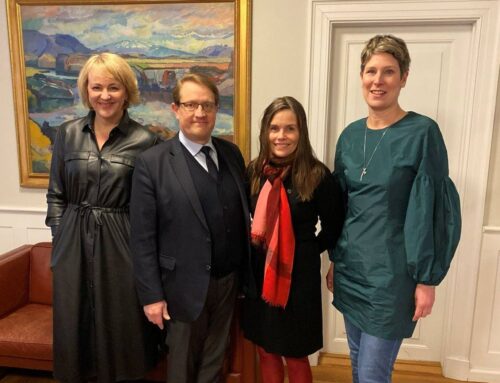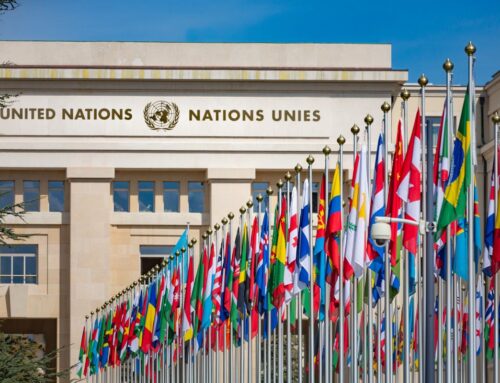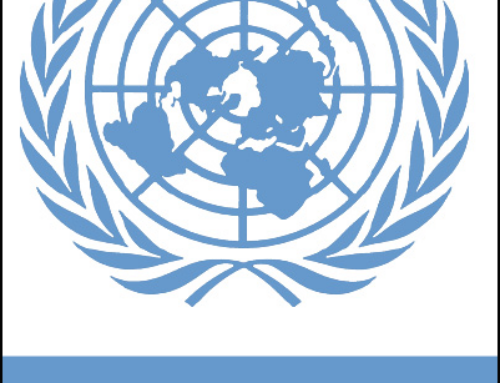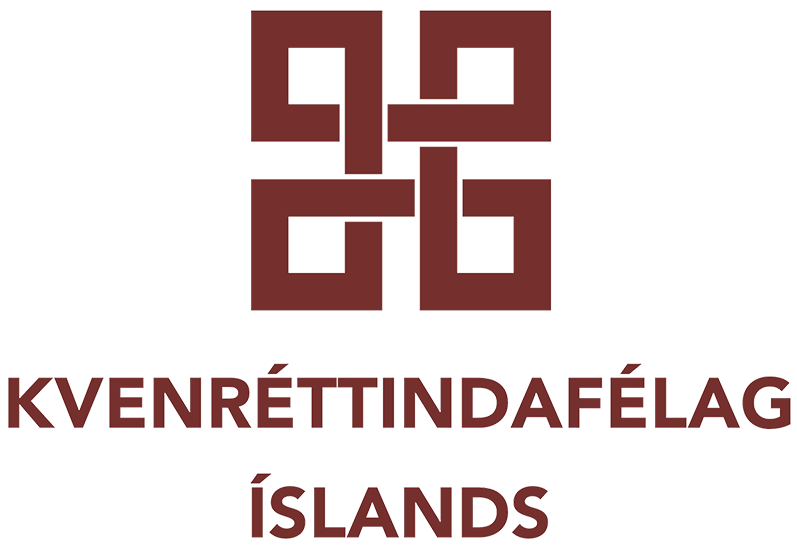In June 2014, 30 thousand women from 51 countries gathered together in Malmö, Sweden, to discuss future challenges to women and girls in the world.
The conference, Nordic Forum – New Action on Women‘s Rights, was organized by women‘s organizations from all over the Nordic region, and goal of the conference was two promote and strengthen the cooperation between the different feminist groups and activist in the Nordic region, as well as to formulate specific demands and concrete proposals to the Nordic governments for future gender and equality policies.
The conference was organized around the twelve chapters of the Beijing Platform for Action adopted by governments worldwide during the fifth UN World Conference on Women in Beijing 1995. The discussion centered around twelve themes, mirroring and updating the twelve themes of the Beijing Platform for Action: Feminist economy – economic and social development, women’s and girls’ bodies – sexuality, reproductive rights and health, women in the workplace, equal pay, asylum and migration, education and career, violence against women and girls, environment, climate and sustainable development, care work and welfare society, peace and security, political participation and development, gender mainstreaming and gender equality in organizations, new technologies and media, and feminism in the future in the Nordic region and the organization of women’s movement.
The final document of the Nordic Forum 2014 can be understood as an addendum to the Beijing Platform, formulating demands that the Nordic women‘s movement considers to bet unmet by our governments in fulfilling those twelve chapters of the Beijing Platform for Action. These 62 demands that the Nordic women‘s movement presented to the Equality Ministers of five countries—Denmark, Finland, Iceland, Norway and Sweden—are serious, sober and thought-provoking, and well worth reading (click here to read the 62 demands of the Nordic women‘s movement).
And, perhaps, what is most telling about those 62 demands, are the demands which still remain unspoken.
The Nordic Forum was criticized by several groups in the Nordic countries for its non-inclusiveness, for appealing to a limited group of women, i.e. white, Western, cisgender, heterosexual and non-disabled middle-class women. While I disagree with their conclusions that the conference excluded various groups of people, I do agree with one criticism: that the twelve themes of the Nordic Forum did not specifically address the issues and questions of intersectionality, even as those issues were interwoven in the discussions and debates which took place in the panels and workshops. This, above all, shows the need for a new UN World Conference on Women.
It has been 20 years since the last truly international conference on women‘s rights was held in Beijing. The Beijing Platform for Action, adopted unanimously by 189 countries, remains the last document which we can truly call an international consensus on women‘s rights and equal rights (click here to read the Beijing Declaration and the Beijing Platform for Action). The issues of intersectionality were non-issues 20 years ago, but today are some of the most hotly debated issues in feminism.
We need collective and transnational action to force change upon our society, to issue demands to our governments and the global community. It is unacceptable that it has been twenty years since the UN convened a conference on women‘s rights. We need a new UN World Conference on Women, where we can articulate challenges and demands for the 21st Century.
We need to look boldly towards the future, but we remain mired in the cowardly past. This March, the Commission on the Status of Women held its annual meeting in New York, the 59th meeting of the Commission. The meeting was dedicated to revisiting the Beijing Platform for Action and celebrate its twentieth anniversary.
The Commission accepted its final document, a political declaration, on the very first day of the meeting. This declaration shows clearly that transnational institutions remain impotent to effect real change in women’s lives around the world.
This “Political declaration on the occasion of the twentieth anniversary of the Fourth World Conference on Women” was written behind closed doors in the months preceding the meeting, and women’s organizations were given no opportunity to participate in its writing. Over 1000 women’s organizations around the world signed a statement to protest the bland declarations of this political declaration, mealy-mouthed statements such as calling upon „States that have not yet done so to consider ratifying or acceding“ key international agreements to combat violence against women, gender discrimination and inequality.
We need a feminist revolution, not polite declarations and requests. Nothing will change unless we, women (and men) of the world, rise up to protest and take charge of our own destinies. Now is not the time for polite declarations, but the time for decisive action to effect real change, to create a just and equitable future for us all, women and men and everyone in-between!
Brynhildur Heiðar- og Ómarsdóttir
This article was originally published in the webzine Meta Dekleta.


